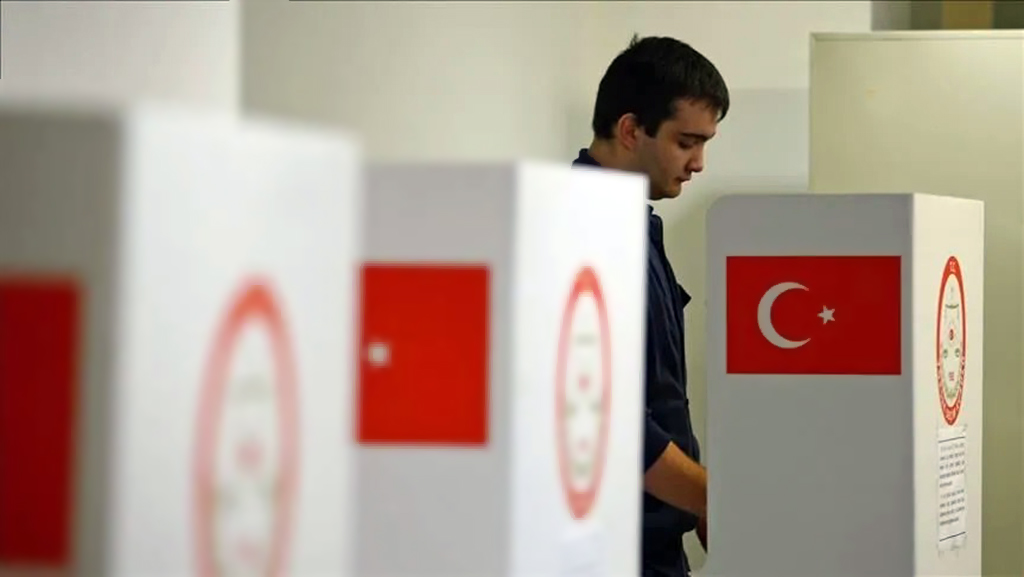What international media have dubbed “the world’s most important election in 2023” is less than a week away. Whether President Recep Tayyip Erdogan or opposition leader Kemal Kilicdaroglu wins will have wide-ranging implications.
Beyond the domestic sphere, the outcome will also affect Turkey’s policy towards the United States, the European Union, Russia and others.
What makes this election pivotal isn’t whether the government remains in charge; the key issue is which candidate and political agenda will take Turkey into its second century.
The two main candidates and their differing visions for the country’s future have fuelled heated debate over the economy, democracy, security, territorial integrity, counterterrorism and foreign policy. On the latter issue, a comparative analysis of their visions can offer insights into potential changes or continuity.
Erdogan wants to build on two decades of experience – and the resulting pragmatism, realism and self-confidence that it brings – to pursue an integrated defence, security and energy policy, with three key objectives. These include promoting peace and stability in the region, institutionalising continent-wide initiatives, and leading efforts towards a fairer global order.
Read more on Middle East Eye: Türkiye elections: How will the vote affect foreign policy?
In this article
- Opinion
- 14 May 2023 Turkish General Election
- 2023 Turkish General Elections Presidential Candidates
- 2023 Turkish Presidential Election
- Counterterrorism
- Kemal Kılıçdaroğlu
- Middle East
- Recep Tayyip Erdoğan
- Russia
- Turkish Foreign Policy
- Türkiye's 2023 Elections
- Türkiye's Foreign Policy
- Türkiye's Justice and Development Party | AK Party (AK Parti)
- Türkiye's Republican People's Party (CHP)



